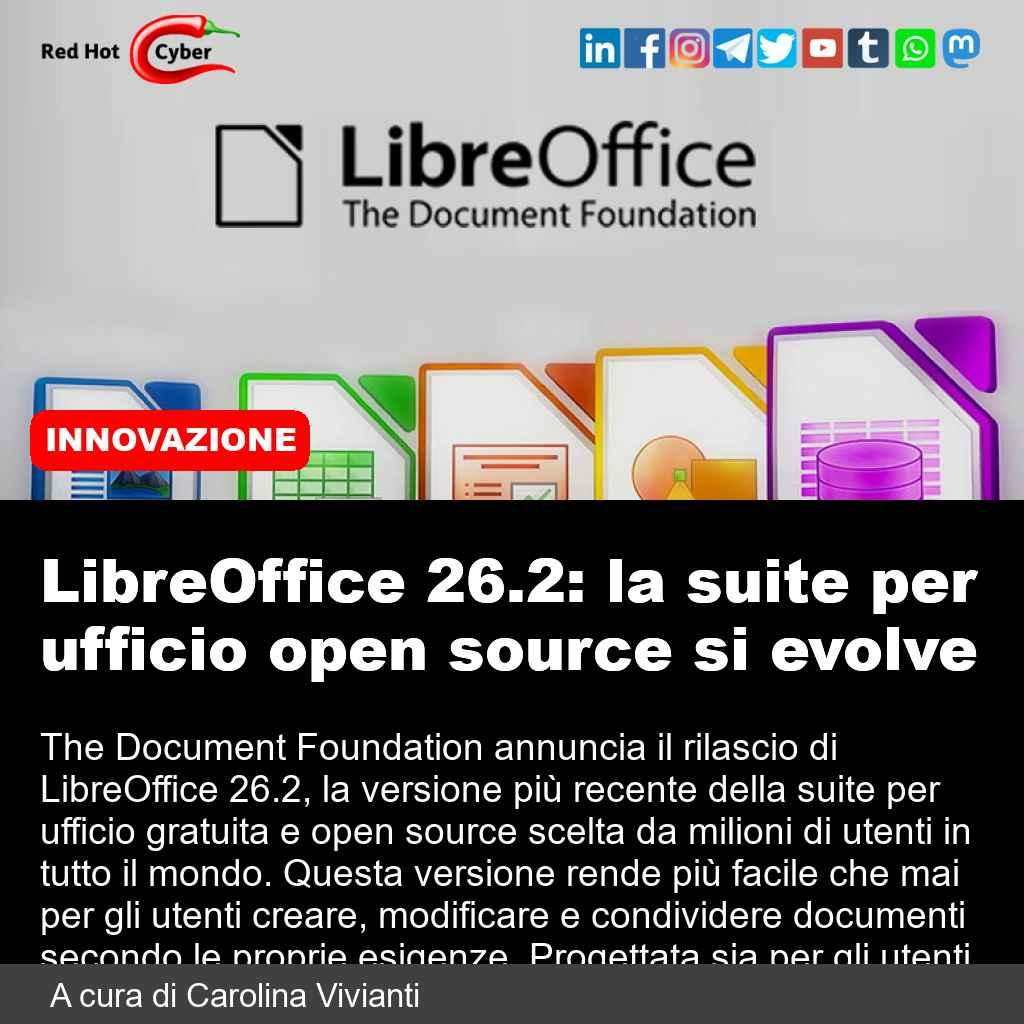-
Deployed @writefreely to https://notes.zef.pub can also be followed via @zef@notes.zef.pub
Watching Ignoring Scheduled Pinned Locked Moved Uncategorized silverbullet selfhosted activitypub0 Votes1 Posts7 Views -
mstdn.jp や #fedibird では
Watching Ignoring Scheduled Pinned Locked Moved Uncategorized fedibird wordpress activitypub0 Votes1 Posts5 Views -
I finally got set up with a #bookwyrm account.
Watching Ignoring Scheduled Pinned Locked Moved Uncategorized bookwyrm goodreads storygraph activitypub0 Votes1 Posts6 Views -
https://activitypub.space/category/2/general-discussion
Watching Ignoring Scheduled Pinned Locked Moved Uncategorized activitypub0 Votes1 Posts5 Views -
Good morning This account is still alive.
Watching Ignoring Scheduled Pinned Locked Moved Uncategorized fediverse activitypub question thinking0 Votes1 Posts2 Views -
あのアカウントの人、#WordPress のプラグイン #ActivityPub の更新をしてないな…。たぶん。
Watching Ignoring Scheduled Pinned Locked Moved Uncategorized wordpress activitypub0 Votes1 Posts5 Views -
Selbst mein kleines, privates @blog hat inzwischen 400 Follower: https://kaffeeringe.de/
Watching Ignoring Scheduled Pinned Locked Moved Uncategorized activitypub wordpress fediverse0 Votes1 Posts5 Views -
nate.mecca1.net/posts/2025-12-…
Watching Ignoring Scheduled Pinned Locked Moved Uncategorized activitypub fediverse bluesky nostr0 Votes3 Posts14 Views -
Events, WordPress und das Fediverse
Watching Ignoring Scheduled Pinned Locked Moved Uncategorized activitypub andremenrath fediverse gatherpress matthiaspfefferle mobilizon opensource socialweb 1
0 Votes1 Posts7 Views
1
0 Votes1 Posts7 Views -
Wie spielen WordPress und Mastodon zusammen?
Watching Ignoring Scheduled Pinned Locked Moved Fediverso activitypub andremenrath fediverse friendica mastodon matthiaspfefferle opensource pixelfed 1
0 Votes6 Posts7 Views
1
0 Votes6 Posts7 Views -
The problem with #ActivityPub and the #fediverse is not enough people are posting bangers
Watching Ignoring Scheduled Pinned Locked Moved Uncategorized activitypub fediverse0 Votes1 Posts7 Views -
Demorei muito até perceber que #Pixelfed só exibe publicações com anexo de imagem/vídeo.
Watching Ignoring Scheduled Pinned Locked Moved Uncategorized pixelfed memethecat flokinho activitypub0 Votes1 Posts4 Views -
0 Votes4 Posts9 Views
-
Hello Fediverse
Watching Ignoring Scheduled Pinned Locked Moved Uncategorized activitypub branding corporations fediverse sustaiability sustainability wordpress 1
0 Votes1 Posts10 Views
1
0 Votes1 Posts10 Views -
Week in Fediverse 2025-12-05
Watching Ignoring Scheduled Pinned Locked Moved Fediverso fediverse activitypub weekinfediverse0 Votes1 Posts7 Views -
ActivityPub-Plugin WordPress: Content-Template konfigurieren
Watching Ignoring Scheduled Pinned Locked Moved Uncategorized activitypub mastodon 1
0 Votes1 Posts8 Views
1
0 Votes1 Posts8 Views -
First 100: BadgeFed Explorer
Watching Ignoring Scheduled Pinned Locked Moved Uncategorized badgefed fediverse activitypub mastodon issuedbybadgefed badgedrop0 Votes1 Posts8 Views -
How to Install Pleroma on Ubuntu VPS (5 Minute Quick-Start Guide)
Watching Ignoring Scheduled Pinned Locked Moved Uncategorized activitypub fediverse letsencrypt nginx pleroma postgresql selfhosting selfhosted0 Votes1 Posts6 Views -
ich werde nie verstehen warum 2025 so viele #programmierer extra den komplizierten weg wählen.
Watching Ignoring Scheduled Pinned Locked Moved Uncategorized programmierer activitypub0 Votes1 Posts6 Views -
Here's my first post ftom My #WordPress blog via the #ActivityPub plugin
Watching Ignoring Scheduled Pinned Locked Moved Uncategorized wordpress activitypub0 Votes1 Posts10 Views
Gli ultimi otto messaggi ricevuti dalla Federazione
-
Hey - we did turn off the local feed for #MastodonSocial, but if you want to keep access to it please reach out to the staff account. More info here:
-
I'm not sure but Mastodon.Social seems to have hidden there public feeds. Wonder if this is a push towards moving people towards other @Mastodon@mastodon.social Instances or something happened.
Either way I hope this pushes people to other instances and spreads awareness of decentralization over turning people away.
#Mastodon #MastodonPublicFeed #MastodonSocial #Fediverse
-
@indyradio Yes, this happens from time to time. So that's why I'm usually using the mfsbsd approach. The last time I used it was...yesterday, but I documented it: https://it-notes.dragas.net/2025/07/02/install_freebsd_providers_mfsbsd/
-
La vera storia degli hacker: dai trenini del MIT, alla voglia di esplorare le cose
📌 Link all'articolo : https://www.redhotcyber.com/post/la-vera-storia-degli-hacker-tra-trenini-mainframe-e-la-voglia-di-sperimentare/
#redhotcyber #news #storiaDellInformatica #originiDelHacking #hacking #intaccare #MIT #TechModelRailroadClub
-
LibreOffice 26.2: la suite per ufficio open source si evolve
📌 Link all'articolo : https://www.redhotcyber.com/post/libreoffice-26-2-la-suite-per-ufficio-open-source-si-evolve/
#redhotcyber #news #libreoffice #softwarelibero #ufficiogratuito #opensource #alternativaoffice #microsoftoffice
-
@stefano I wasn't sure of the best way to ask you a question.
I remember there was a discussion about how to install your OS when the provider does not offer it. I know it is tricky but possible to install from a RAM disk.
An odd situation has developed where I will need to install this way, with debian on a vps and with BDS on a vps.
Can you believe a host would suddenly remove all debian images without noticed? Well, it happened. This would be a solution, in case if I do need to re-install.
-
I just signed up for the #FediForum "Un-Workshop" coming up in March. Who else is planning to sign in?
🙋♀️🙋♂️🙋♀️🙋♂️🙋♀️🙋♂️
"Growing the Open Social Web" was already on my bingo card for 2026. I have my own ideas, but I'm more excited to hear what others have to say.
https://fediforum.org/2026-03-growing-open-social-web/
If we blame misinformation on social media for the trouble in our democracies, then growing the #Fediverse (responsibly) may be our best path forward.
-
@jason thanks!
Post suggeriti
-
I'm not sure but Mastodon
Watching Ignoring Scheduled Pinned Locked Moved Fediverso mastodon mastodonpublicfeed mastodonsocial fediverse0 Votes2 Posts4 Views -
It's time for an #introduction.'nI'm glad to meet you!
Watching Ignoring Scheduled Pinned Locked Moved Fediverso introduction bsds linux music photography fediverse illumos0 Votes3 Posts11 Views -
La vera storia degli hacker: dai trenini del MIT, alla voglia di esplorare le cose
Watching Ignoring Scheduled Pinned Locked Moved News redhotcyber news storiadellinformatica originidelhacking hacking intaccare mit techmodelrailroadclub 1
0 Votes1 Posts1 Views
1
0 Votes1 Posts1 Views -
LibreOffice 26.2: la suite per ufficio open source si evolve
Watching Ignoring Scheduled Pinned Locked Moved News redhotcyber news libreoffice softwarelibero ufficiogratuito opensource alternativaoffice microsoftoffice 1
0 Votes1 Posts2 Views
1
0 Votes1 Posts2 Views
